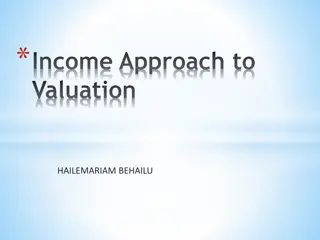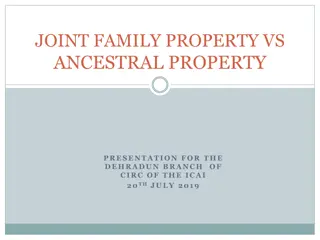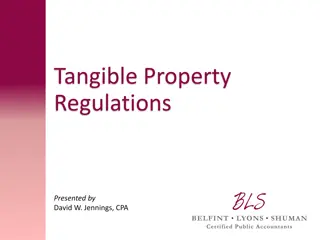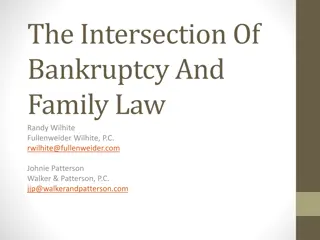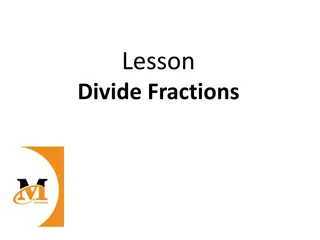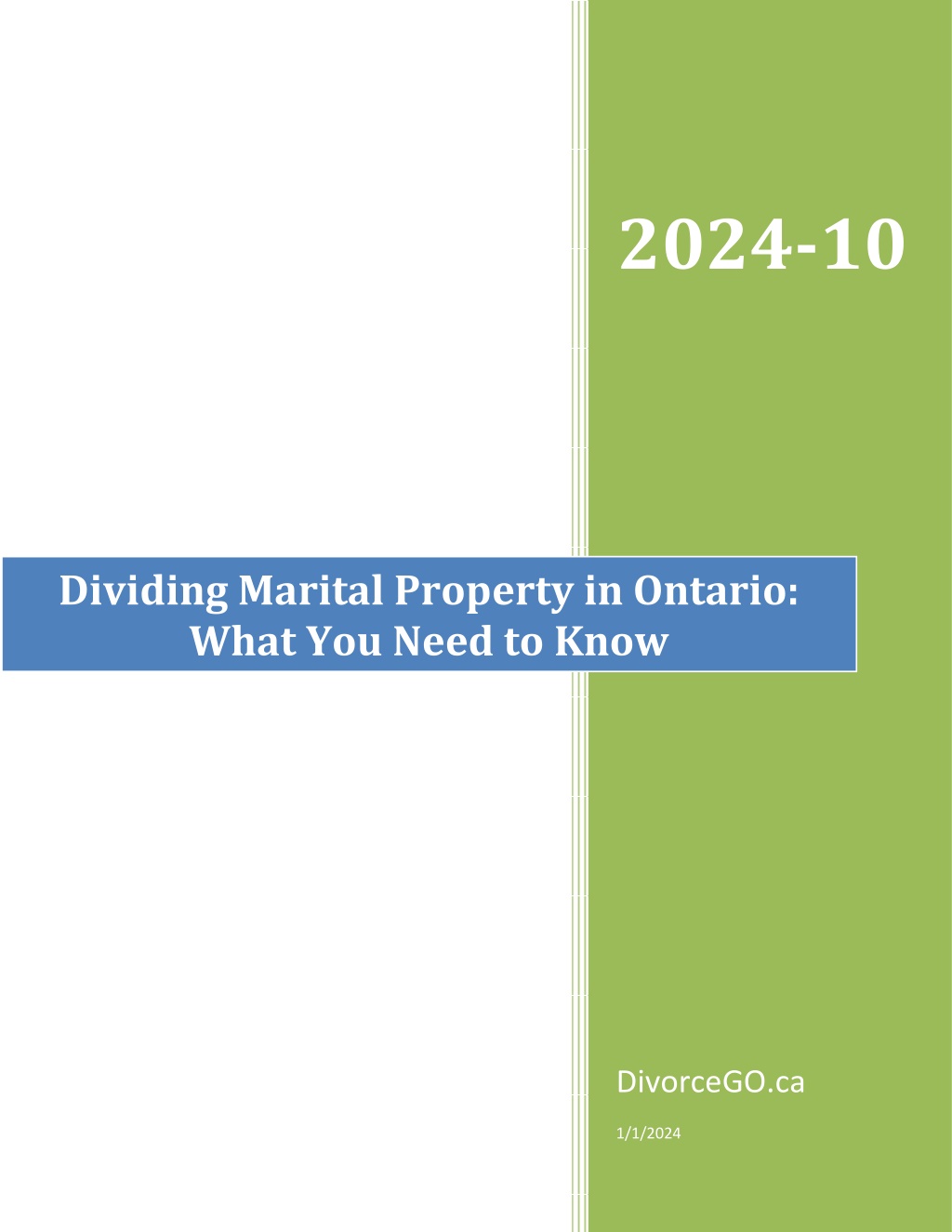
Dividing Marital Property in Ontario What You Need to Know
Learn what constitutes marital property in Ontario, including assets like the matrimonial home, investments, and exclusions like inheritances.nVisit divorcego.ca for experienced family law assistance today!n
Download Presentation

Please find below an Image/Link to download the presentation.
The content on the website is provided AS IS for your information and personal use only. It may not be sold, licensed, or shared on other websites without obtaining consent from the author. Download presentation by click this link. If you encounter any issues during the download, it is possible that the publisher has removed the file from their server.
E N D
Presentation Transcript
2024-10 Dividing Marital Property in Ontario: What You Need to Know DivorceGO.ca 1/1/2024
What is Considered Marital Property in Ontario? In Ontario, marital property includes almost everything acquired during the course of a marriage, regardless of whose name it s under. The Family Law Act ensures that each spouse is entitled to an equal share of the value of these assets upon separation. However, certain nuances apply depending on the nature of the assets, ownership structure, and liabilities involved. Types of Assets Considered Marital Property When dividing marital property, the following types of assets typically fall under the umbrella of marital property: The Matrimonial Home: In Ontario, the matrimonial home holds a special status. Regardless of when the home was acquired or whose name is on the title, both spouses have an equal right to live in the home and share its value upon separation. Even if one spouse owned the home prior to the marriage, it is treated as marital property. Investments: Any investment accounts or stocks acquired during the marriage are considered marital property and subject to division. If the investments were purchased before the marriage but grew in value during the marriage, the increased value is also subject to division. Retirement Accounts and Pensions: Retirement accounts, including RRSPs and pensions, are considered marital property if contributions were made during the marriage. These assets can be complex to divide, especially if the
accounts are tied to employment benefits or future pension payments. Personal Belongings: Personal assets such as vehicles, art collections, jewelry, and even household goods acquired during the marriage may also be considered marital property, depending on their value and usage. Excluded Property: What s Not Considered Marital Property Items That Are Excluded From Marital Property While most assets acquired during the marriage are considered marital property and subject to division, there are specific exceptions outlined in Ontario law. The following items are typically excluded from the equalization process: Inheritances: If a spouse receives an inheritance during the marriage and keeps it separate from marital assets, it is generally considered excluded property. However, if the inheritance is used to purchase jointly owned property, such as the matrimonial home, it may lose its excluded status. Gifts: Similar to inheritances, gifts from third parties to one spouse are excluded from marital property. This exclusion applies only if the gift is not co-mingled with jointly owned assets or used for marital purposes. Pre-Marital Assets: Assets acquired by a spouse before the marriage are also excluded from equalization, with one
significant exception: the matrimonial home. Even if one spouse owned the matrimonial home before the marriage, it is treated as marital property and subject to division. Damages or Settlements for Personal Injury: Compensation received for personal injuries, such as pain and suffering, is usually excluded from marital property. However, if the settlement includes compensation for lost wages or medical expenses incurred during the marriage, these amounts may be subject to division. Division of the Matrimonial Home The Special Status of the Matrimonial Home Under Ontario Law In Ontario, the matrimonial home is treated uniquely under family law, and its status plays a significant role in property division. According to the Family Law Act, the matrimonial home is any property that was ordinarily occupied by the spouses as their family residence at the time of separation. This special status applies whether the home is a house, condo, or even a cottage, provided it served as the family s main residence. The matrimonial home is unique because: Equal Right of Possession: Both spouses have an equal right to live in the matrimonial home, regardless of whose name is on the title or mortgage. This right exists even if one spouse owned the property before the marriage.
No Exclusion for Pre-Marital Ownership: Unlike other assets, the value of the matrimonial home is not excluded from division, even if one spouse brought it into the marriage. The entire value of the home is included in the equalization of property, meaning both spouses are entitled to share in its value upon separation. How the Matrimonial Home is Divided, regardless of Ownership One of the most important aspects of dividing the matrimonial home is that ownership does not dictate how the home is divided. Under Ontario law, both spouses are entitled to an equal share of the value of the matrimonial home, regardless of who legally owns the property or whose name is on the title. Equalization Process: When dividing the value of the matrimonial home, the equalization process applies. This means that the net value of the home is divided equally between both spouses. If the home is sold, the proceeds are split equally, unless there are special circumstances that warrant an unequal division. Possession of the Home: Even though both spouses have an equal right to possess the matrimonial home, one spouse may remain in the home after the separation, particularly if there are children involved. In such cases, the court may grant exclusive possession to one spouse, which does not affect the division of the home s value but determines who has the right to live in the home temporarily.
Importance of Determining Occupancy Rights and Ownership after Divorce Determining who gets to stay in the matrimonial home and what happens to the property after divorce is a key issue for separating couples. The following considerations are crucial: Occupancy Rights: Both spouses have equal rights to live in the matrimonial home, even after separation. However, in some cases, the court may grant one spouse exclusive possession of the home. This decision is often made in the best interests of the children if they are involved. It is important to note that exclusive possession is temporary and does not affect ownership or the division of the home s value. Selling or Buying Out: In many cases, the matrimonial home is sold, and the proceeds are divided equally between the spouses. Alternatively, one spouse may choose to buy out the other s share of the home. This allows one spouse to keep the home while compensating the other for their share of the property s value. The decision to sell or buy out depends on various factors, including the financial situation of both parties and whether the home is necessary for maintaining stability for any children involved. Ownership After Divorce: If one spouse buys out the other s share of the matrimonial home, the title to the property will be transferred solely to that spouse. Ownership after divorce is typically formalized through legal documentation, ensuring that the spouse who retains the home holds clear legal title.
Disputes over Marital Property: How to Resolve Conflicts Common Disputes That Arise During the Division of Marital Property Several disputes frequently occur during the division of marital property, which can complicate the separation process. These conflicts often arise due to differing perceptions of ownership, valuation of assets, or emotional attachments to specific property. Some of the most common issues include: Valuation of Assets: Disagreements often occur over the value of marital assets, particularly when it comes to high- value items such as real estate, businesses, or investment accounts. Spouses may have different opinions on how much an asset is worth, especially if its value has fluctuated over time. Ownership Disputes: Even though most assets acquired during the marriage are considered marital property, disputes may arise over whether certain items should be included in the division. One spouse may claim that an asset is personal property or should be excluded due to its pre-marital or gifted status. Emotional Attachments: Certain assets, such as the family home, heirlooms, or items with sentimental value, can trigger disputes when both spouses wish to retain ownership. These emotional attachments can make it difficult to come to a fair agreement on who should keep the property or how it should be divided.
Debt Division: Disputes can also arise over who is responsible for marital debts. Spouses may disagree on how liabilities such as credit card debt, loans, or mortgages should be divided, particularly if one spouse feels they did not benefit equally from the debt. Role of Mediation and Arbitration in Resolving Property Conflicts When disputes over marital property arise, mediation and arbitration are two alternative dispute resolution (ADR) methods that can help spouses resolve conflicts without going to court. These approaches offer a more flexible and less adversarial way to settle disputes, often leading to quicker resolutions and lower legal costs. Mediation: Mediation involves a neutral third-party mediator who helps the spouses communicate and negotiate a fair agreement regarding the division of their property. The mediator facilitates discussions but does not make decisions for the parties. Mediation is particularly effective when both spouses are willing to cooperate and work toward a mutual solution. In Ontario, mediation can be voluntary or court-ordered, and it often helps to avoid the emotional and financial strain of a lengthy court battle. Arbitration: Arbitration is a more formal process than mediation but still provides a private and efficient way to resolve property disputes. In arbitration, both spouses present their case to an arbitrator, who then makes a binding decision on how the marital property should be divided. The arbitrator's decision is enforceable, similar to
a court order, but the process is typically faster and more flexible than going through the courts. Arbitration is a good option when the spouses cannot agree on key issues and need a definitive resolution. When Court Intervention Is Necessary to Settle Property Disputes While mediation and arbitration are effective for many couples, there are situations where court intervention becomes necessary to resolve disputes over marital property. In Ontario, the court may be required to settle property conflicts when: Mediation or Arbitration Fails: If attempts at mediation or arbitration do not result in a resolution, or if one spouse refuses to participate in good faith, the case may need to go to court. The court will make a legally binding decision on the division of property based on Ontario s Family Law Act. Complex Financial Situations: In cases involving complicated financial arrangements, such as business ownership, significant investments, or hidden assets, court intervention may be necessary to ensure a thorough and equitable division of property. Courts have the authority to order financial disclosures and conduct in-depth investigations if necessary. Domestic Violence or Power Imbalances: In situations where there is a history of domestic violence or a significant power imbalance between the spouses, the court may need to intervene to ensure that one spouse is not unfairly disadvantaged during the property division
process. The court can provide protections and ensure that the division is carried out fairly and safely. Non-Compliance with Agreements: If one spouse fails to comply with a previously agreed-upon property division, such as not transferring assets or refusing to sell jointly owned property, the court can step in to enforce the terms of the agreement or impose new terms if necessary. Visit DivorceGo Law Firm Visit DivorceGO for experienced team of family lawyers, ready to assist you. For personalized assistance in Toronto, visit us at 45 Sheppard Ave E, Suite #500, or call us at (416) 792-5400. In Mississauga, you can find us at 2 Robert Speck Pkwy, Suite #750, or reach out by phone at (905) 949-1717.

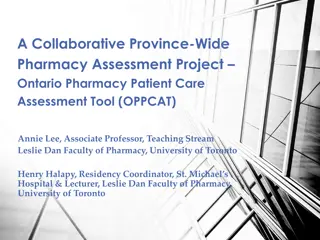
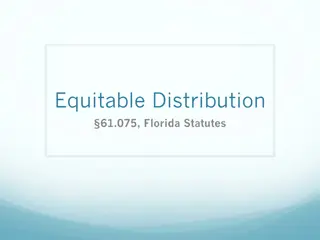

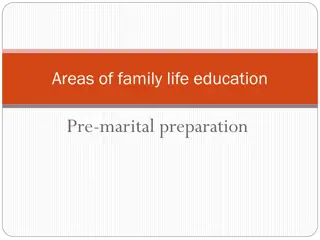


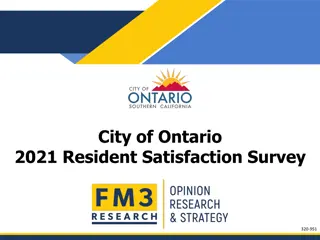
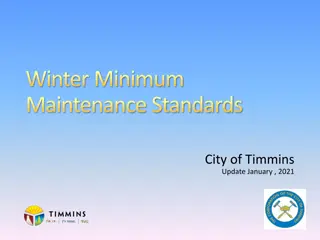


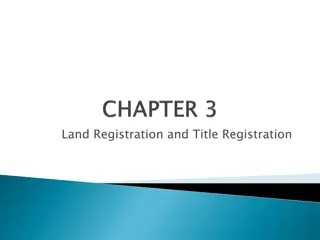







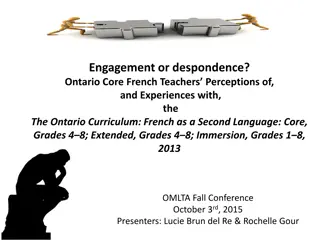
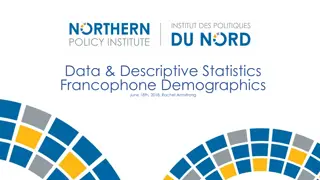



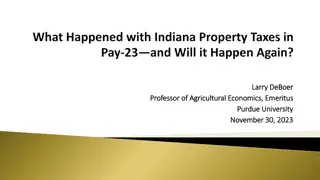
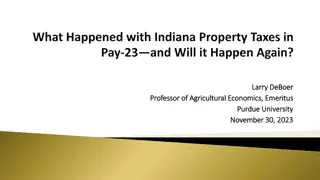


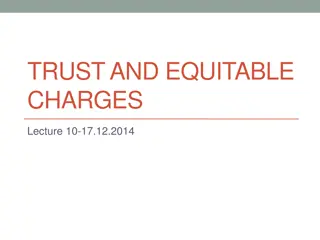
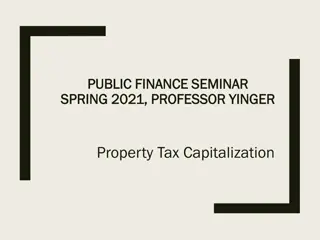

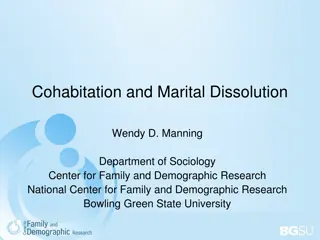

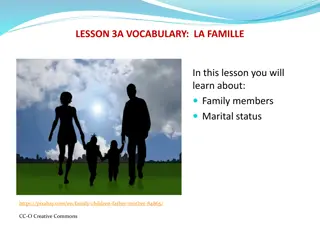



![Property Settlements in Family Law: Case Study of Stamatou & Stamatou [2022] FedCFamC1F 241](/thumb/63303/property-settlements-in-family-law-case-study-of-stamatou-stamatou-2022-fedcfamc1f-241.jpg)
